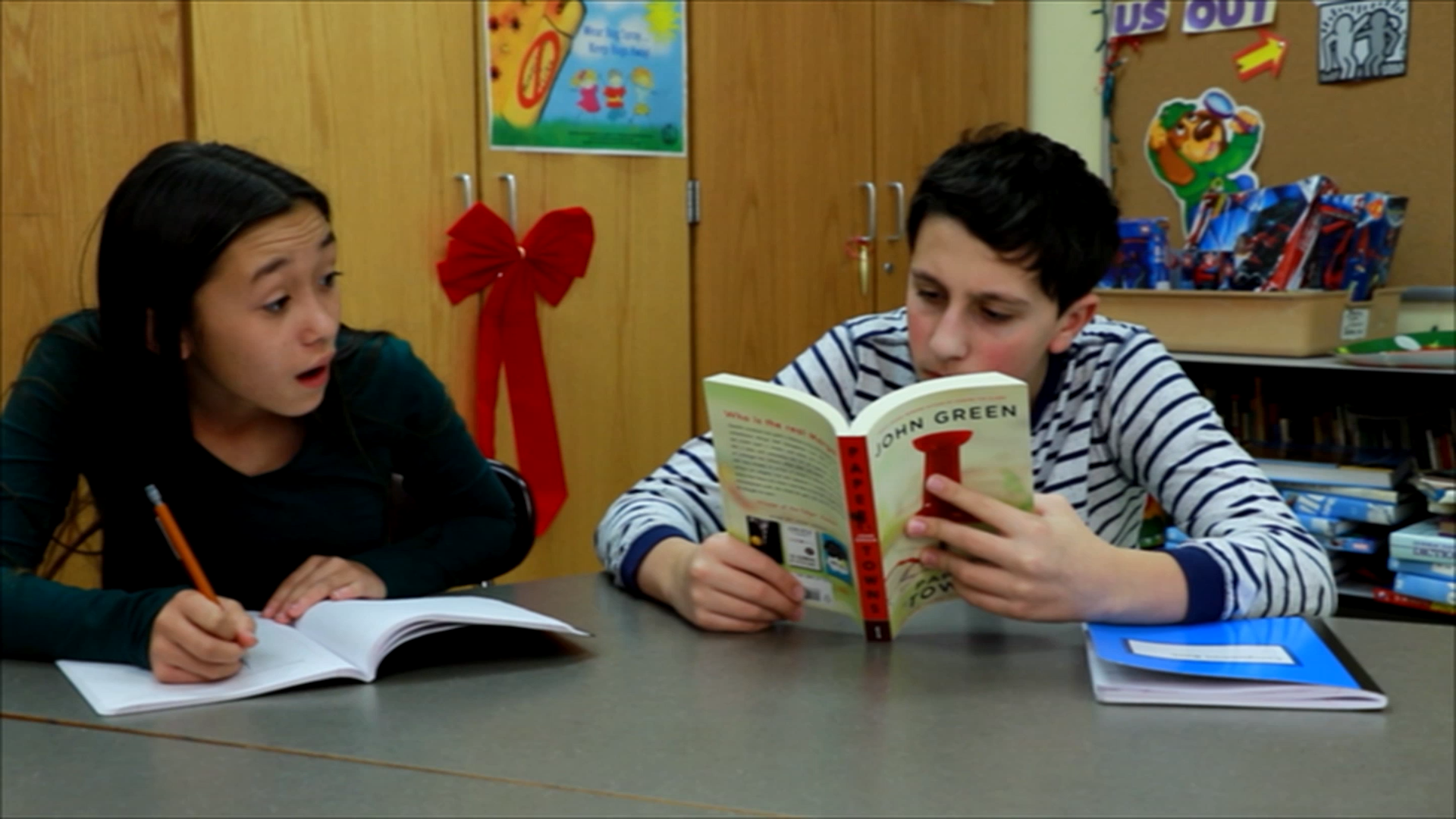
Welcome to Act It Out!, a role playing game designed to help students improve their social and communication skills. This blog post will introduce you to the game, provide a no-prep activity, discussion questions, related skills, and next steps to help students learn how to effectively navigate various social situations.
Introduction
Act It Out! is a game where students act out different social situations, focusing on topics and how what they talk about can affect how other people act and what they think of them. The game features two characters, Person A and Person B, and a scenario to role play. The rest of the group can rate the actors based on their performance, and discuss how their actions matched up with the emotions they were supposed to feel. After the role play is finished, the group can discuss how everyone is feeling, what happened in the scene, and if emotions changed from the beginning to the end.
No-Prep Activity
For this no-prep activity, you will need a group of students and a list of social situations or scenarios for them to role play. Here’s an example scenario:
Person A (Liz) wants to talk to Person B (Josh) but isn’t sure what to talk about with him. She notices he’s reading a book she’s read and wants to talk to him about that. They both share their opinions on the book and the movie adaptation.
Begin by dividing the students into pairs, and assign each pair a scenario. Instruct them to act out the scene, paying attention to their character’s emotions and trying to effectively communicate with their partner. After each pair has completed their role play, gather the group and discuss the performances. Encourage students to share their thoughts on how well the actors portrayed their emotions and communicated during the scene.
Discussion Questions
- How did the actors’ actions match up with the emotions they were supposed to feel in the scene?
- What communication strategies did the actors use to convey their emotions and thoughts effectively?
- Did the emotions of the characters change from the beginning of the scene to the end? If so, how?
- What can we learn from these role plays about effective communication in social situations?
- How can we apply these lessons to our own interactions with others?
Related Skills
Act It Out! is a great way to practice and develop various social-emotional learning skills, such as:
- Active listening
- Empathy
- Nonverbal communication
- Conflict resolution
- Assertiveness
By participating in Act It Out!, students can gain a better understanding of these skills and learn how to apply them in real-life social situations.
Next Steps
Interested in incorporating Act It Out! and other social-emotional learning activities into your classroom? We encourage you to sign up for free samples of these skill-based materials and more at Everyday Speech. By incorporating these engaging activities into your lessons, you can help students develop the social and communication skills they need to succeed in all aspects of their lives.

